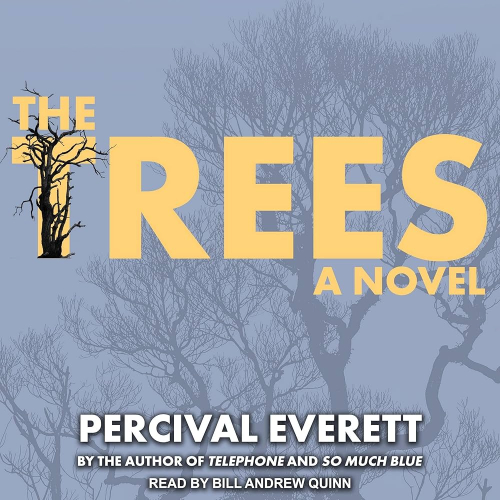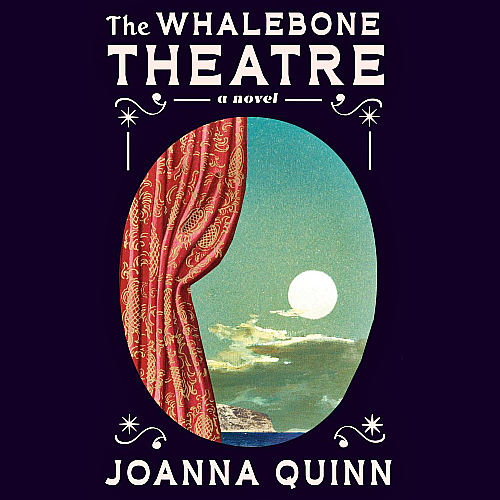The awesome comprehension of man's potential in achieving for civilization, progress, retrogression or destruction.
100 years after Claire Van Zant's birth, science fiction predictions of artificial intelligence and omnipresent media have become reality. The warnings of Van Zant's classes have either been unheeded or are still being grappled with. Many will argue that the state of Humanities, the academic discipline is in decline. It has either been abandoned in favor of STEM Education or it has been proclaimed the villainous progenitor of Woke culture.
With all the gloom and doom floating around, I wondered who are the voices taking over for Kafka, Plato, Orwell, Lewis and Dostoyevsky. And so I sent in search of them, employing a distinctly 21st Century method:
I consulted AI.
PROMPT: WHAT ARE THE MOST INFLUENTIAL NOVELS IN THE HUMANITIIES IN RECENT YEARS?
 Piranesi
Piranesi
by Susanna Clarke (2020)
Acclaimed for its meditation on memory, reality, and isolation, "Piranesi" has resonated with readers and critics alike, especially during the isolating years of the pandemic.
|
 Cloud Cuckoo Land
Cloud Cuckoo Land
by Anthony Doerr (2021)
This ambitious novel weaves together multiple timelines, emphasizing the enduring power of storytelling and the fragility of civilization. |
 Hamnet
Hamnet
by Maggie O'Farrell (2020)
A lyrical reimagining of the life of Shakespeare's son, "Hamnet" explores grief, art, and family, and has shaped conversations about historical fiction and women's narratives. |
 Demon Copperhead
Demon Copperhead
by Barbara Kingsolver (2022)
An updated version of "David Copperfield," this novel critiques class, addiction, and systemic poverty in modern America, drawing considerable acclaim for its social insight. |
 The Vanishing Half
The Vanishing Half
by Brit Bennett (2020)
Exploring race, identity, and family, this multigenerational saga has been recognized as transformative in literary conversations about race and American history. |
 Leave the World Behind
Leave the World Behind
by Rumaan Alam (2020)
This suspenseful novel of societal collapse and uneasy race relations offers a sharp look at privilege and intimacy in the modern era.
|
 Trees
Trees
by Percival Everett (2021)
Through blending satire and mystery, Everett interrogates America's history of racism with a darkly comic edge. It's been praised for both literary innovation and urgent themes.
|
 Cleanness
Cleanness
by Garth Greenwell (2020)
Noted for its lyrical prose and fearless explorations of sexuality, intimacy, and alienation, impacting discussions of modern LGBTQ+ literature and psychological fiction.
|
 Our Share of Night
Our Share of Night
by Mariana Enriquez (2022, English translation)
A genre-defying work tying horror and political history, this Argentine novel resonates with Latin American and global readers, grappling with trauma and power.
|
 The Whalebone Theatre
The Whalebone Theatre
by Joanna Quinn (2022)
Acclaimed for innovative historical narrative and complex characters, it's shaping trends in contemporary family sagas.
|
Other Frequently Cited Works:
- The Invisible Life of Addie LaRue (2020) by V.E. Schwab
- Project Hail Mary (2021) by Andy Weir
- The House in the Cerulean Sea (2020) by T.J. Klune
- The Lincoln Highway (2021) by Amor Towles
These novels are recognized for:
- Sparking scholarly analysis and cultural debate.
- Influencing emerging authors and trends in narrative form.
- Addressing urgent social issues (race, identity, climate, class).
- Redefining genre expectations (historical, speculative, literary, horror).
|

 Piranesi
Piranesi  Cloud Cuckoo Land
Cloud Cuckoo Land  Hamnet
Hamnet  Demon Copperhead
Demon Copperhead  The Vanishing Half
The Vanishing Half  Leave the World Behind
Leave the World Behind  Trees
Trees Cleanness
Cleanness Our Share of Night
Our Share of Night The Whalebone Theatre
The Whalebone Theatre